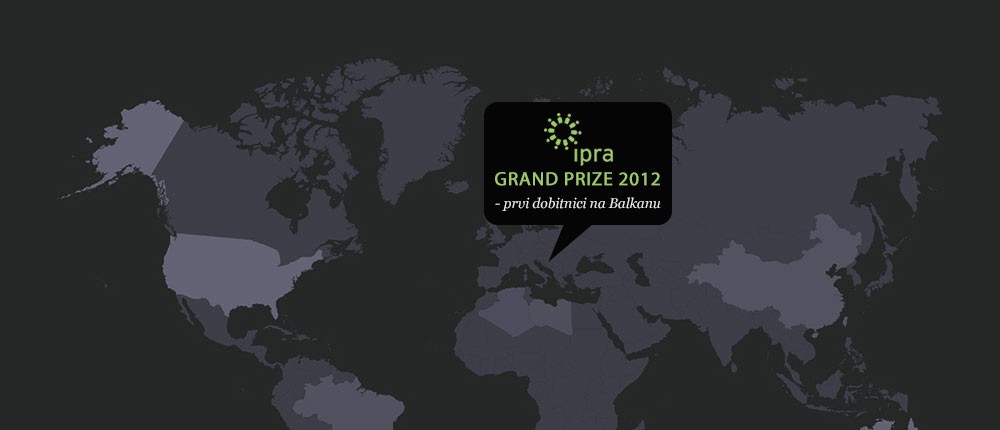Perhaps there was always hate speech. Always an attack on an identity, an activity, a dissimilarity. Hate speech can be verbal or written, recorded or live. In all cases it is aggressive, inappropriate and aimed to humiliate someone. One issue has always been that there is no definition under international human rights law as to what it is. And without that definition we are left with a shared sense of unease because we see that hate speech always causes harm and may cause conflict and even war.
And now it is online
Today with social media, everyone can be an author with an undiscerning audience. This has made online hate speech seem like an unstoppable tide. A tide that we have got used to. A problem we have given up on.
So how do we fight hate speech? Let’s start in this month of June. UN resolution 75/309 of 21 July 2021 proclaimed 18 June as the International Day for Countering Hate Speech, to be observed annually. The resolution built on the UN strategy and plan of action on hate speech launched in June 2019. “But we are far from powerless in the face of hate speech. We can and must raise awareness about its dangers, and work to prevent and end it in all its forms” said Antonio Guterres, UN secretary general, on that occasion.
As IPRA what do we do?
In IPRA we are aware that social responsibility starts with personal responsibility, and we are proud of our consultative status with certain agencies of the United Nations. Let us reflect now that communication has consequences and that hate speech harms us and our societies. One easy way to fight back is by use of hashtags. Consider #NoToHate and #TakeCareBeforeYouShare. Or if you prefer, create your own! It is always worth repeating our mission: Leading trust and ethics in global communication. If you are not already an IPRA member, I invite you to join us in this mission, more vital than ever in a world of hate speech.
Kind regards,
Nataša Pavlović Bujas
IPRA President 2024



